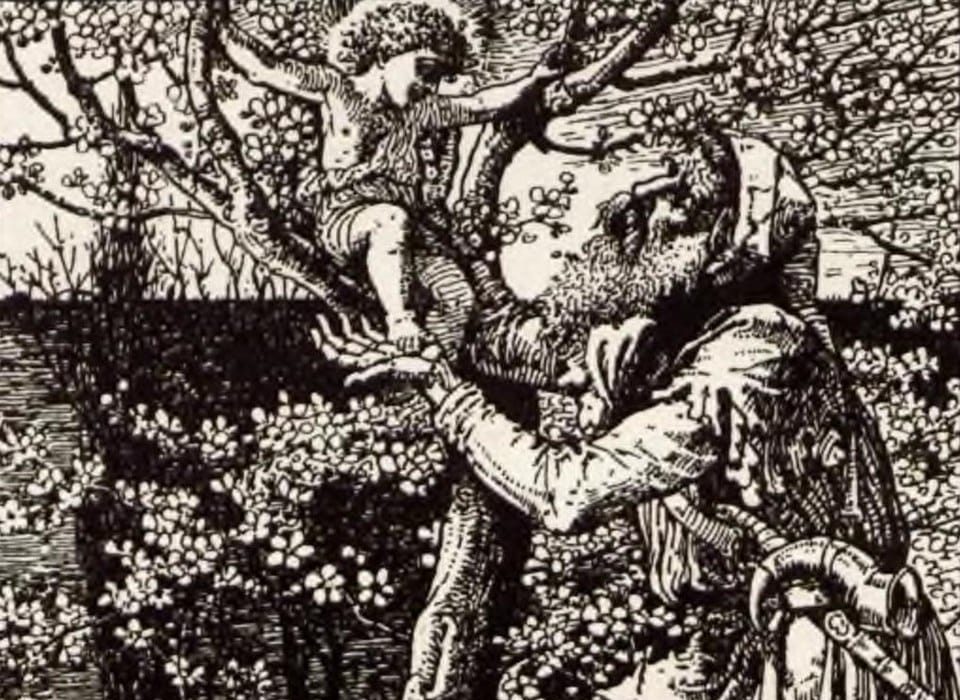Today, I thought that I would share my analysis of the poem “End of Summer” by Stanley Kunitz. I love it dearly. Particularly, the second-to-last stanza. It reminds me that even though life moves quickly, it is okay to sit back and reflect on the days gone by. Hopefully, it does that for you, too. The poem can be found here.
Analysis of “End of Summer”
In the first stanza, Kunitz discusses how he experienced an unsavory year. With that knowledge, he looks to the future as “the unloved year / Would turn on its hinge that night.” In the next stanza, he writes about the “stubble and stones.” In it, he talks about his waking mortality by using “a small worm” and referencing “my marrow-bones.”
Yet, the best stanza appears here. Kunitz writes, “Blue poured into summer blue, / A hawk broke from his cloudless tower, / The roof of the silo blazed, and I knew / That part of my life was over.” Specifically, if you have ever looked out over a field at the end of summer, you know what the author is saying. The golden sun shining on a vibrant, green and darkened hill then you know exactly what Kunitz is writing about. Death is a far-reaching theme in poetry.
Furthermore, It is interesting to think that one’s life ends one year at a time. It reminds me of an ole perspective readjuster. It states: are you working for $8 an hour, or are you selling one hour of your life for $8 an hour? In other words, life is fleeting and we forget that fact. As each year passes, our mortality becomes more and more relevant. To this extent, Kunitz’s poem brilliantly addresses this feeling. It delivers such emotion to the reader for us to chews over.
In “End of Summer” by Stanley Kunitz, the poet reminds us that our own mortal lives come to an end one hour at a time.
Works Cited
Kunitz, Stanley. “End of Summer.” The Collected Poems, W. W. Norton & Company, 2000, pp. 145-146.





Leave a comment